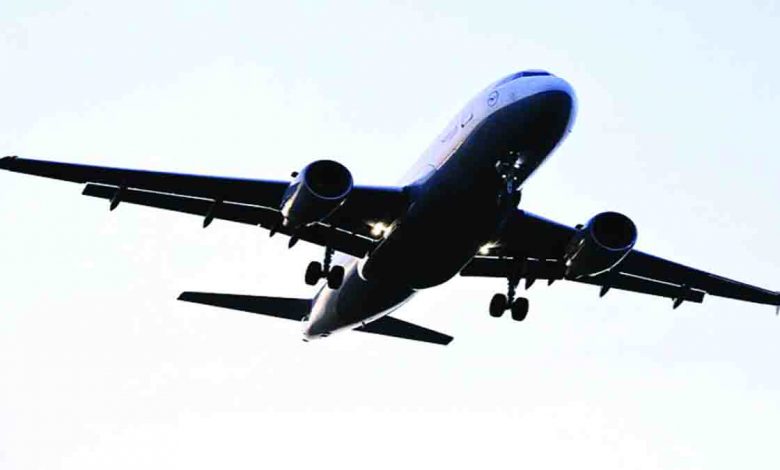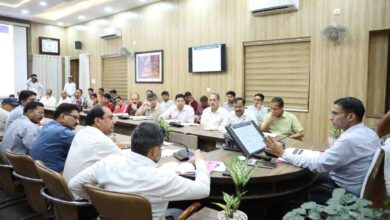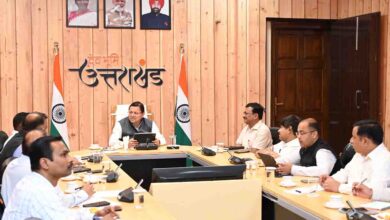Domestic fliers likely to pay 10-30% more now

Govt allows airlines to raise minimum flight fare by 10%, maximum by 30%
The Ministry of Civil Aviation (MoCA) on Thursday allowed airlines to charge 10-30 per cent more for domestic flights with immediate effect while extending its earlier decision of allowing airlines to deploy up to 80 per cent of their pre-Covid domestic capacity till March 31, 2021.
The minimum fare on all seven sectors has been increased by 10 per cent and the maximum fares are up by 30 per cent. The price capping was put on domestic flight operators to keep the ticket prices in check due to the limited number of flights. The move will help to improve the financial health of the airlines.
For instance, in category A where flight duration time is less than 40 minutes — such as Agartala-Guwahati, Amritsar-Srinagar, Bengaluru-Chennai, Bhopal-Mumbai among others — the minimum fare has been increased from Rs 2,000 to Rs 2,200 and the maximum fare from Rs 6,000 to Rs 7,800.
For longer duration flight time between 180 and 210 minutes for routes such as Coimbatore-Delhi, Delhi-Thiruvananthapuram, and Port Blair-Delhi, the minimum fare has increased from Rs 6,500 to Rs 7,200 while the maximum fare from Rs 18,600 to Rs 24,200.
The subsequent bands are for flights with durations of 40-60 minutes, 60-90 minutes, 90-120 minutes, 120-150 minutes, 150-180 minutes and 180-210 minutes. The fresh lower and upper limits set by the Ministry for these bands on Thursday were Rs 2,800 to Rs 9,800 (Amritsar-Delhi, Bengaluru-Goa among others); Rs 3,300 to Rs 11,700 (Ahmedabad-Chandigarh, Bengaluru-Kolkata, Bhopal-Hyderabad); Rs 3,900 to Rs 13,000 (Varanasi-Jaipur, Ahmedabad-Kolkata, Bengaluru-Bhopal); Rs 5,000 to Rs 16,900 (Agartala-Delhi, Bengaluru-Jaipur, Chandigarh-Hyderabad, Chennai-Lucknow); Rs 6,100 to Rs 20,400 (Ahmedabad-Guwahati, Bengaluru-Chandigarh, Chennai-Guwahati, Delhi-Kochi ); Rs 7,200 to Rs 24,200 (Coimbatore-Delhi, Delhi-Thiruvananthapuram).
Till date, the lower and upper limits for these bands were Rs 2,500 – Rs 7,500;Rs 3,000 – Rs 9,000; Rs 3,500 – Rs 10,000; Rs 4,500 – Rs 13,000; Rs 5,500 – Rs 15,700 and Rs 6,500 – Rs 18,600, respectively.
The airfare band has been revised upwards now as the price of jet fuel has risen significantly since last May when the fares were set. The summer schedule begins at the end of March for all the airlines. Aviation regulator Directorate General of Civil Aviation (DGCA) approves both the schedules — summer and winter — of all the airlines.
“As per the prevailing situation of Covid-19, the Central Government directs the order dated December 3, 2020, shall remain in force till March 31, 2021 or till the date of commencement of summer schedule 2021, whichever is earlier or until further orders,” the Ministry’s order said.
The order effected immediately and comes at a time when airlines are staring at a traditionally weak quarter of January-March along with uncertain demand sentiment.
Domestic air traffic on February 10 was at 67 per cent of average daily domestic traffic seen in 2019. It is also important to look at the latest financials of the major domestic airlines to understand the domestic aviation picture better.
On May 21, the DGCA issued an order, according to which airfares on domestic routes were to be capped from May 25, 2020 with an intention to allow air services to resume without any massive drop or rise in prices. Domestic flights resumed after a 2-month shutdown due to the onset of Covid-19 pandemic.
The cap was set on the base fare and above the base fare, the passenger will have to pay taxes including GST, user development fee, passenger service fee among other charges.
Last month, DGCA said a total of 6.3 crore domestic passengers travelled by air in 2020, 56.29 per cent lower than 2019. The impact of the coronavirus pandemic continues to be felt on the Indian aviation sector as the regulator said only 73.27 lakh people travelled by air domestically in December last year, which was 43.72 per cent lower than in the corresponding period of 2019.
Friday, 12 February 2021 | Rajesh Kumar | New Delhi






